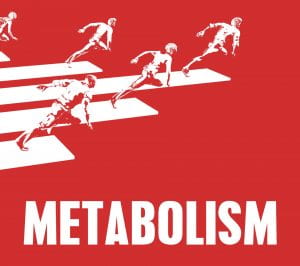
When former Vice President Al Gore launched the movie An Inconvenient Truth in 2006 to explain the science behind climate change to the American public, surveys showed that many Americans didn’t believe in climate change, even though scientific data was building that humans actions were causing global warming. [Read more…]

 More than 90 percent of teenagers in the U.S. have a smartphone. Access to this type of technology and social networking changes the playing field for young people who are simultaneously developing a sense of identity and new social relationships.
More than 90 percent of teenagers in the U.S. have a smartphone. Access to this type of technology and social networking changes the playing field for young people who are simultaneously developing a sense of identity and new social relationships. 


 The past two school years have been extremely challenging – and even traumatic – for youth across the globe. In the spring of 2020, the COVID-19 pandemic forced the vast majority of students throughout the U.S. to switch to virtual learning. Many suffered academically without in-person contact with their teachers and emotionally without contact with their peers. In addition, the pandemic was a traumatic event for many students, especially if their loved ones became ill or died, or family members’ work was impacted by pandemic shutdowns.
The past two school years have been extremely challenging – and even traumatic – for youth across the globe. In the spring of 2020, the COVID-19 pandemic forced the vast majority of students throughout the U.S. to switch to virtual learning. Many suffered academically without in-person contact with their teachers and emotionally without contact with their peers. In addition, the pandemic was a traumatic event for many students, especially if their loved ones became ill or died, or family members’ work was impacted by pandemic shutdowns. 
 Nearly 15 percent of people age 70 and older experience some form of dementia; that number jumps to nearly 35 percent for people over age 90. And yet other people live more than 100 years with sharp minds.
Nearly 15 percent of people age 70 and older experience some form of dementia; that number jumps to nearly 35 percent for people over age 90. And yet other people live more than 100 years with sharp minds.
 Opioid use has
Opioid use has


